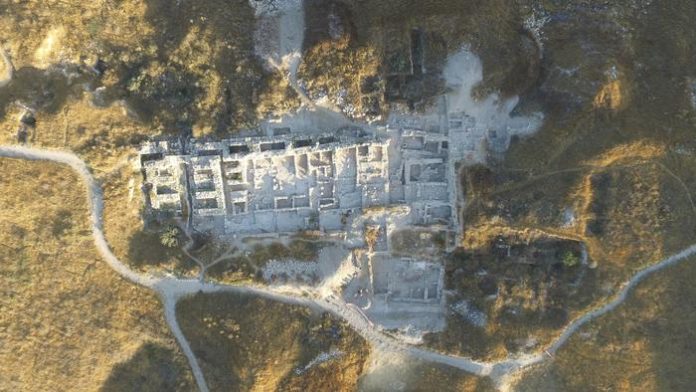
The ancient city of Gezer, located in the southern Levant and known from Egyptian, Assyrian, and Biblical texts, has revealed detailed insights into its history through new radiocarbon dating, according to a study published in PLOS ONE. Conducted by Lyndelle Webster and colleagues from the Austrian Academy of Sciences, the research focused on 35 radiocarbon dates obtained from organic materials found in seven distinct stratigraphic layers at the site.
Gezer, with its rich archaeological remains spanning the Bronze Age and Iron Age, has been associated with power struggles and historical figures. Recent excavations have uncovered a continuous stratigraphic sequence, allowing for precise dating and the establishment of an absolute chronology for events in the city. The radiocarbon dates cover the 13th to the 9th centuries, a period marked by significant changes in Gezer, including destructive events, rebuilding phases, and fortifications.
The study provides a dataset to test proposed correlations between the archaeological record and ancient texts. For instance, the correlation of a destructive episode with the actions of the pharaoh Merneptah appears plausible based on the radiocarbon dates, while the suggested link to the campaign of Hazael does not align. This dataset offers independent absolute dates, enabling researchers to better understand Gezer’s events and place them in a regional context.
The authors emphasize the critical role of radiocarbon dating in reconstructing site histories, resolving debates, and testing correlations between archaeological remains and written sources. The study underscores the importance of this approach in providing a more accurate understanding of the complex historical connections of sites like Tel Gezer.














